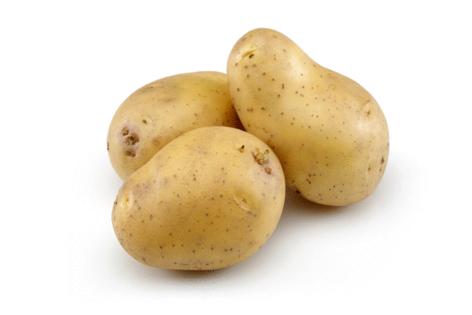On Nutrition: Raw or cooked?
Published in Nutrition
When I was a kid, I would watch my mom in the kitchen. Every once in a while as she cut up potatoes, she’d pop a raw piece in her mouth. She’d do the same with raw meat — to test the seasoning, I suppose — before placing a meatloaf in the oven.
Don’t do that, say food safety experts. To my knowledge, mom never got sick from these practices. But today, we have plenty of reasons not to eat certain foods raw.
Most of us are aware that uncooked meat and poultry can harbor harmful bacteria that are easily destroyed with cooking. But even handling these raw products require some care, says the United States Department of Agriculture Food Safety and Inspection Service.
Wash your hands with soap and water for at least 20 seconds before and after handling raw chicken, for example. And here’s something new to me: Do not wash raw chicken, says the USDA. It’s ready to prepare when you take it out of the package. Studies show that washing raw chicken can actually spread more bacteria.
And why should we cook potatoes? Doesn’t that destroy vitamin C? Yes, it does. But potatoes aren’t the highest source of this vitamin to begin with. A medium potato contains about 17 milligrams of vitamin C while an orange contains 75 milligrms. And a half cup of sweet red pepper has a whopping 95 milligrams. (Adult females and males need 75 and 90 milligrams of vitamin C a day, respectively.)
The main reason to cook potatoes is to make them more digestible. Raw potatoes (as well as raw beans, soybeans and peanuts) contain lectins, which are sometimes referred to as “anti-nutrients.” In excess, these naturally occurring proteins can cause severe stomach issues and even prevent the body from absorbing key nutrients.
Lectins are easily destroyed with heat, however. Best way to preserve a potato’s vitamin C and other nutrients? Bake it with the skin on, say food scientists.
Baking or other cooking methods don’t destroy all contaminants however. That’s why we’re told to store potatoes in a dark place. When exposed to light, potatoes may sprout and start to turn green. That process can cause the plant to produce a toxin called solanine that protects it from bugs and fungi. Good for plants but not for humans who ingest it.
So eat your potatoes before they start to sprout. And cut off any green parts. Raw potatoes with high levels of solanine will also taste bitter, even if they don’t look green, say experts. Which totally goes against the caution to never taste food to determine it’s safety.
Tomatoes are a mixed bag. Eaten raw, they provide more vitamin C. But when cooked, they release more lycopone, a potent antioxidant that has been found to protect against heart disease and prostate cancer in men. Enjoy them either way.
©2025 MediaNews Group, Inc. Distributed by Tribune Content Agency, LLC.










Comments